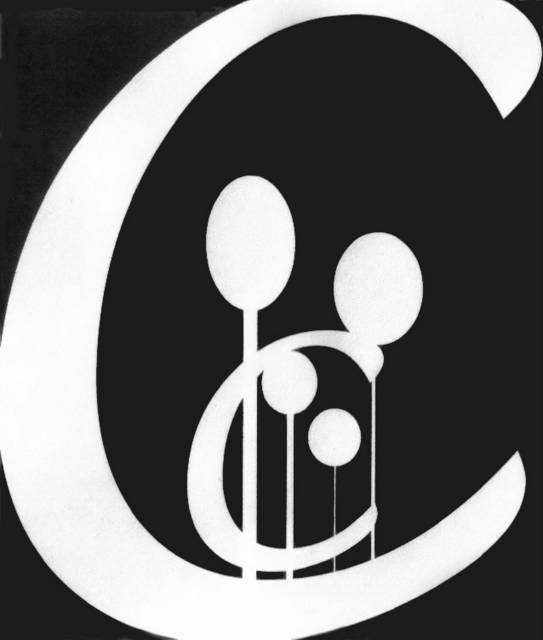Being Christian about the present political season
By: Jay Cuasay
Of interest to Catholics who monitor their faithfulness internally, as a matter of individual conscience, and in the public forum of political debate, the issue of Holy Communion has been thrust into the spotlight. The seemingly pastoral question of to whom or under what conditions should communion be denied, has been politicized. Should Kerry receive communion? Should Catholics who are pro-choice? Are there other questions which we should ask ourselves?
Such questions are not new. In fact, they are precisely the kind of questions we ask ourselves when we think about the Eucharist. If they have more interest now, we should ask ourselves why this is so. But as a matter of our faith as Christians, we should also be clear on the meaning of Communion.
Cardinal McCarrick indicated as much in his recent talk with journalists and Catholics at Theology on Tap[1]held in conjunction with the Catholic Press Association in Washington. Cardinal McCarrick’s view of the situation essentially spelled out the position that the Eucharist was not meant to be a political or divisive wedge, and that the abortion issue should not be singled out as a litmus test for a candidate, especially not at the altar for communion. Such a misuse and misunderstanding of the Eucharist amounted to a “slippery slope” policy of exclusion. Similarly, excommunication over the abortion issue seemed heavy handed.
New Testament Scholar N.T. Wright, also speaking recently in an interview with NCR’s John Allen,[2] aptly explained the relationship between abortion in the spectrum of “life issues” and Eucharist in the call to social justice. Drawing from the situation depicted in 1 Corinthians 11, in which divisions between rich and poor became an instrument of exclusion and abuse of the sacrament, the continuing Christian understanding is that fellowship and service are required for Holy Communion. What is true then is true now. What formed as an early abuse of the sacrament then, still implicates us today.
It is not the case that “the church teaches x, but this person says y, therefore they should not be allowed to receive the Eucharist,” said Wright. Such a framing is too small. Wright goes further, citing the history stemming from the 1944 Bretton Woods Agreement that served to prop up the Western banking system and place much of the remaining world in debt as a modern day example that mirrors the Corinthian situation. Given this situation, we shouldn’t even think that “abortion is the issue,” claims Wright. Rather, if we are to truly be Christians of proper faith and practice we need to examine the structural conditions that have led to this persistent division and maintenance of basic inequality in human life.
In the current political climate of the upcoming presidential election, it is a persistent temptation to identify a candidate’s stance on a particular issue in conjunction with how a person of faith should vote. Though it may be naïve to consider the “Catholic vote” as a uniform body, or even as a nuanced demographic, it is much more vital that we do not confuse the sacrament of Eucharist as it implicates us in fellowship and service, with how it is improperly used to legitimize exclusion. Rather than let the pundits write about us or politicians court our vote in this light, it is much more important that we understand the meaning of Holy Communion and the call to social justice.
[Jay Cuasay is a graduate of Washington Theological Union where he received a Master of Arts in Pastoral Studies with a concentration in Mission and Cross Culture. He is a freelance writer on interfaith relations and contemporary culture. ]
SOURCES
- “Denial of Eucharist a ‘slippery slope,’ cardinal tells journalist.” By Mark Pattison. Catholic News Service, June 1, 2004. URL: http://www.catholicnews.com/data/briefs/cns/20040601.htm
- “Interview with Anglican Bishop N.T. Wright of Durham, England.” By John Allen, Jr. National Catholic Reporter, May 21, 2004. URL: http://www.nationalcatholicreporter.org/world/wright.htm
